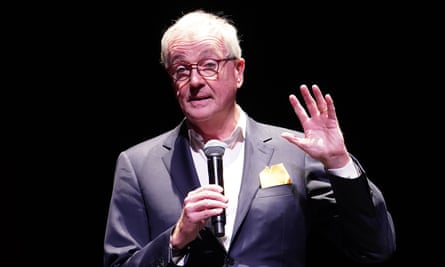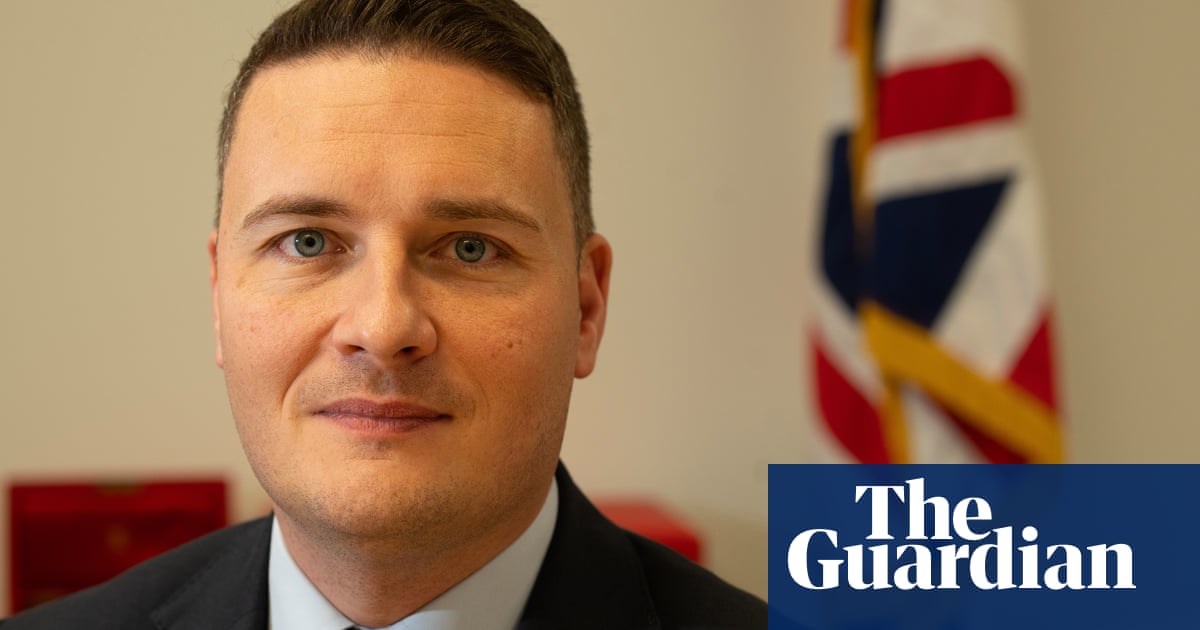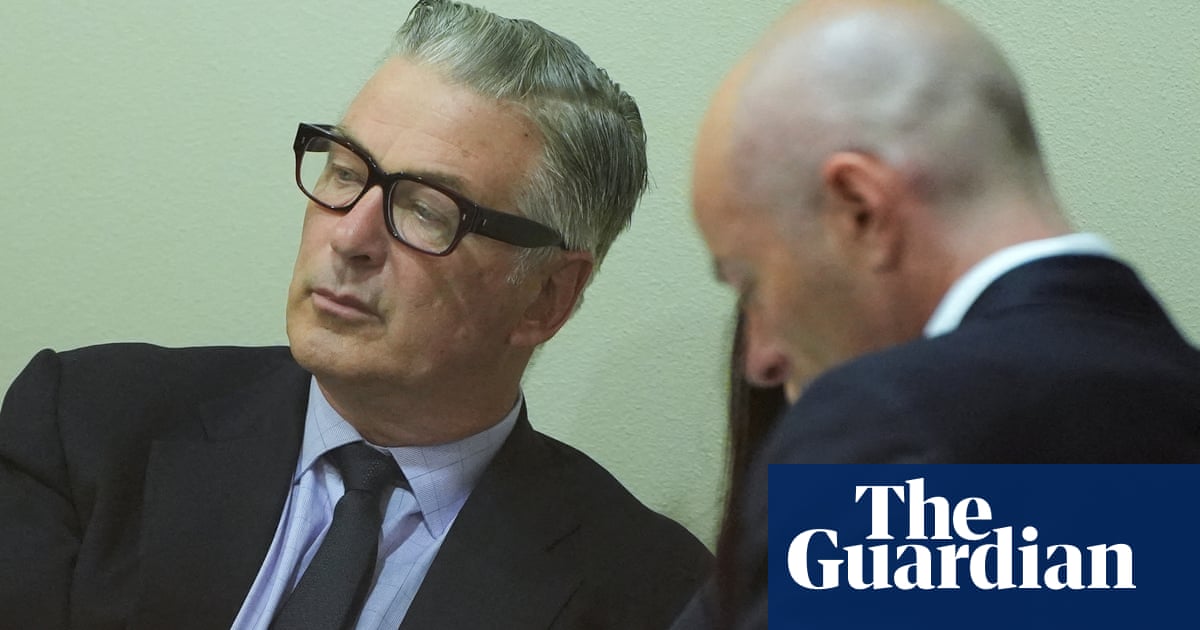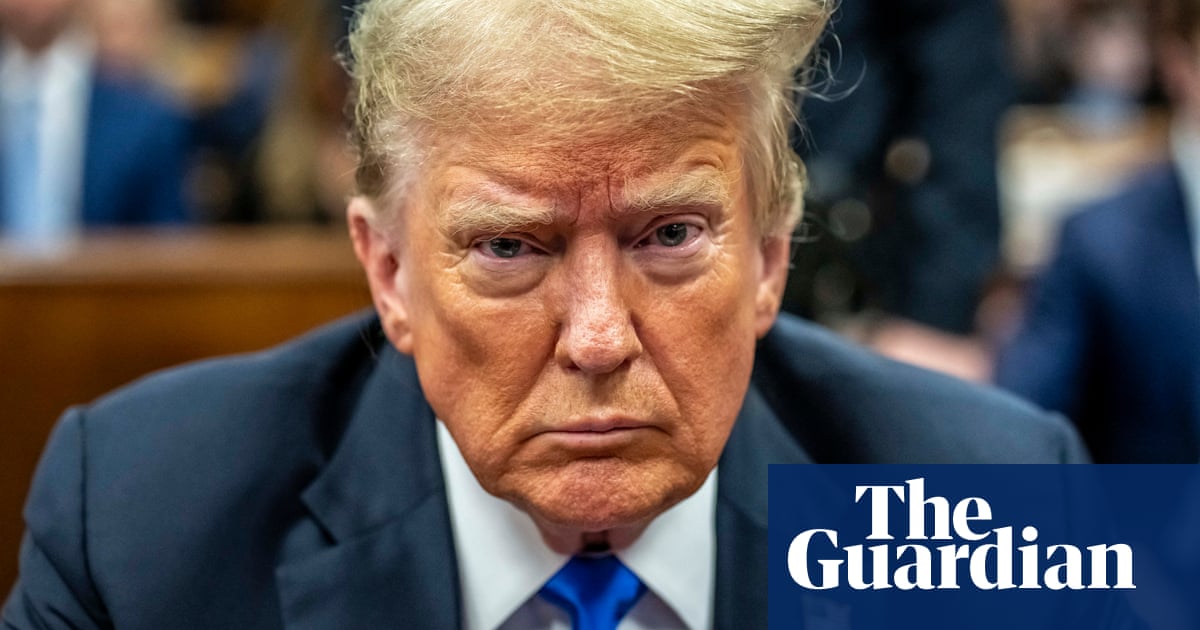Outside the US embassy in London, a steady line of visitors arrive for visa appointments. On the windswept south bank of the Thames, the fortress-like building is not the most welcoming proposition: it stands isolated, a cold glass cube hemmed in by a medieval-style moat.
Inside, after Donald Trump’s election victory last week, the atmosphere was not much warmer. Having flown in to promote US trade links with Britain, the governor of New Jersey, Phil Murphy, knew his job had just got a lot harder.
“It is the elephant in the room. As a Democrat, it was a very sober day on Tuesday,” said Murphy, one of the party’s most senior figures, speaking to a small group of journalists at the embassy on Friday. What had been a mission to promote his state’s economic ties had become an exercise in damage limitation.

“We planned this trip knowing we were coming right in after the election and knowing it was a possibility that President Trump could win. But there are sub-national relations. We’re big believers in that. We believe with great passion that those relations can be strengthened. We start in a good place here.”
Trump’s victory has raised the prospect of a renewed global trade war on a much bigger scale than in his first term, when his clashes with China rippled through world trade and weighed on growth across advanced economies.
On the campaign trail, the president-elect, who has described himself as a “tariff man”, threatened levies of 10% on all goods imports from US trading partners, and up to 60% and 100% for China and Mexico.
As an open trading economy, the UK could be in the firing line. Britain’s trade relationship with the US, its single largest trading partner, is worth more than £300bn a year, at a time when links with the EU are still boxed in by Brexit.
Experts warn sales of cars, Rolls-Royce aero engines, whisky and medicines could be at risk, but say Britain could be more immune than other countries because the bulk of its exports to the US are in services, which are unlikely to be covered by the tariffs.
Ashley Webb at the consultancy Capital Economics said that the overall effect on UK gross domestic product from tariffs on US imports from Britain could be “negligible”, but warned that retaliation and a hit to the global economy would have worse consequences.
Last time, however, the fallout was still considerable and Britain was not immune. Trump’s previous trade war with China weighed heavily on global growth, hitting the UK economy, including through higher uncertainty and reduced confidence affecting business investment.
The National Institute of Economic and Social Research has said Trump’s measures could halve UK growth and drive up prices for consumers. Andrew Bailey, the governor of the Bank of England, said last week that Threadneedle Street would be watching the situation closely.
The US embassy in London – a building derided by Trump as “off location” and “lousy” when he snubbed its 2018 opening ceremony – will become a flashpoint in the coming years.
Murphy said tariffs were the top concern in his meetings in Britain, which included visiting companies in London and Cambridge, dining with Jonathan Reynolds, the business secretary, and watching Crystal Palace play Fulham in the Premier League.
Pointing out that the UK was New Jersey’s second-largest economic partner globally, with $9.6bn (£7.4bn) in trade, he said holding on to that would be important even as the US turned inward.
However, he questioned whether Trump would carry through his campaign trail threats after winning the White House. “I’m sure you’re concerned about tariffs [and] the bilateral relationship. If I were to speculate, there is a lane for the UK and less of a lane for the EU and Nato.”
Trump could take a favourable view of the UK because he supports Britain’s withdrawal from the EU. “Brexit and Trump each were born in the same year. I can’t speak for the president, but I think there’s an embedded sympathy for somebody who leaves a bureaucracy, a club if you will.”
But with Labour in power, raising questions over the strength of US-UK ties, Keir Starmer is under pressure to build closer trade links with the EU instead. “I think you can have both,” said Murphy, who described Brexit as an “awful decision”.
“Anything the UK can do to get into a better lane with the EU, I think is a smart move, without giving up obviously its self-interest and principles.”
Although portraits of Joe Biden and Kamala Harris still hang in the entrance to the London embassy, what a Democrat thinks about Trump’s likely policy direction may be of little significance.
However, as a senior politician who fought New Jersey’s corner when Trump was last president and also served as Barack Obama’s ambassador to Germany, he has experience – and is not alone in this view.
Investors are also betting that Trump will not follow through with his full tariff policy, a belief reflected in a relatively muted financial market reaction to the risk.
Mark Dowding, chief investment officer at asset manager BlueBay, said: “We expect early action on China. However, a more wide-ranging global tariff could be used as more of a negotiating ploy with other US trading partners.
“There will certainly be tariffs on some goods in some sectors. Yet the US is keen to keep Europe onside in terms of its position relative to China and it will also want to avert a trade war, which could add to costs and hurt consumers.”

.png) 2 months ago
14
2 months ago
14













































